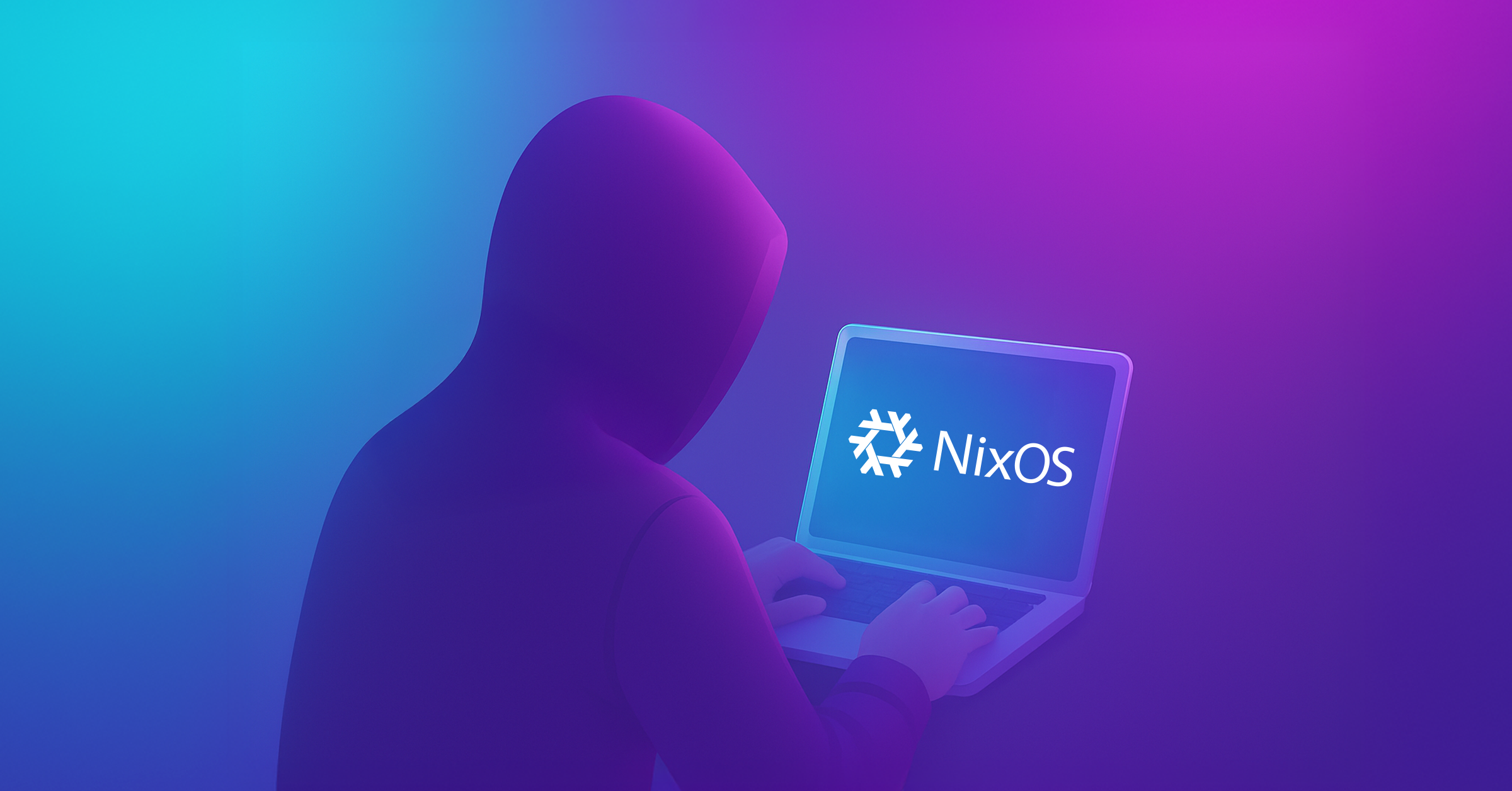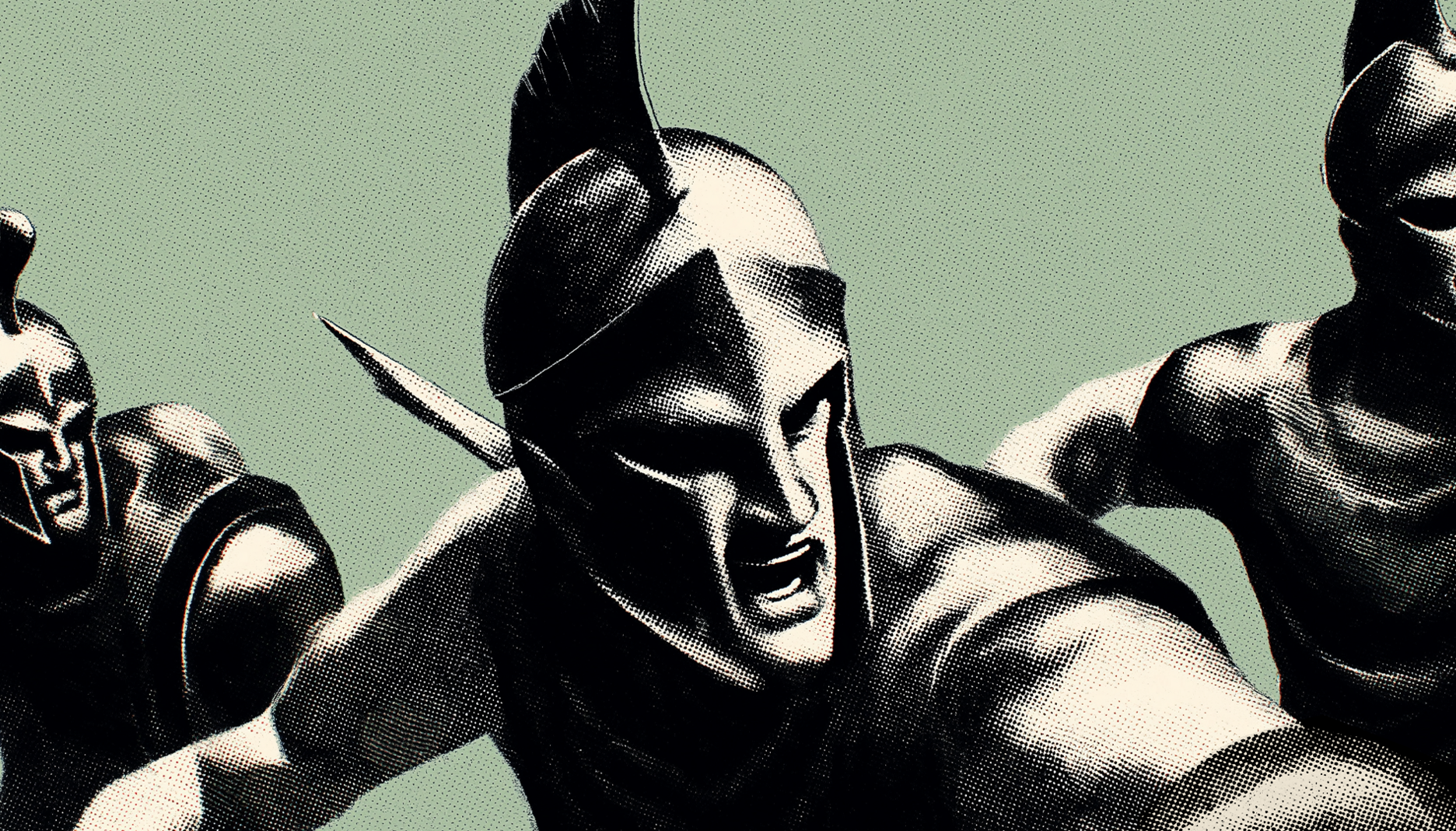In a world filled with nudges to accumulate (possessions, status, commitments) choosing to live lightly is an act of rebellion. It is also, I would argue, a strategy for staying alive.
I call this approach Minimalism as Anti-Entropy: a way of living that maximizes not only freedom and flexibility, but consciousness itself. And since consciousness is one of the essential maintenance systems of life, this strategy is inherently pro-longevity.
Entropy (the universal drift toward disorder and decay) is not just a physical principle. It's a psychological one. It's what happens when we stop seeking novelty, stop learning, stop moving. It's what happens when our lives calcify into repetition.
To remain alive in the fullest sense is to remain conscious, adaptive, and engaged. This requires constant exposure to novel problem spaces (i.e., situations that demand active participation rather than passive routine).
Minimalism is not just about owning fewer things. It's about reducing friction to movement:
Fewer possessions = easier relocation
Fewer long-term commitments = greater freedom to pivot
Less mental clutter = more cognitive bandwidth for exploration
By living lightly, you increase your capacity for movement—geographically, professionally, socially, and psychologically.
👇 If this resonates, leave a comment. I'd love to hear how you’ve redefined ‘enough.’
Movement creates access to novel problem spaces:
New places
New roles
New relationships
New ideas
Each of these brings fresh challenges, requiring you to remain alert, adaptive, and mentally flexible.
As Ellen Langer's work on mindfulness demonstrates, novelty is life-giving. Exposure to new situations literally affects biological markers of aging, cognitive function, and emotional well-being.
Without novelty, the mind drifts into automation. With novelty, consciousness is rekindled.
To stay alive, you must stay awake.
Positive engagement with the world—seeking new experiences, learning, creating, adapting—has been shown to:
Improve immune function
Reduce inflammation
Lengthen telomeres
Enhance psychological resilience
In short, an expansive consciousness is one of the most potent tools for longevity we have.
Know someone overwhelmed by ‘more’? Share this with them.
This philosophy forms a closed loop: Minimalism → Mobility → Novelty → Consciousness → Longevity → (which in turn motivates returning to minimalism). Each feeds the next. The opposite loop (accumulation, stasis, predictability, automation, decay) leads in the other direction.
The anti-entropy loop completes itself because true longevity (the ongoing preservation of life, vitality, and consciousness) inevitably undermines the need for material excess.
Much of material accumulation is an unacknowledged response to mortality anxiety. We unconsciously hope that by surrounding ourselves with things (possessions, status markers, commitments) we can distract from, or buffer against, the inevitability of death. Accumulation becomes a form of addictive control: an attempt to solidify something in a world where nothing is permanent.
But when we shift from a mindset of scarcity and finitude to one of longevity and continuous renewal, the psychological drive for material insulation loses its urgency.
If life is longer, richer, and more adaptive, the need to accumulate diminishes.
If consciousness is expansive and engaged, the desire for static ownership fades.
If we re-discover the childhood joy in novelty and movement, lightness becomes preferable to heaviness.
In this way, the pursuit of longevity naturally leads back to minimalism, not as sacrifice, but as a joyful shedding of what no longer serves the living process. Minimalism becomes not only the starting point of the loop (enabling mobility and novelty) but also the endpoint of wisdom: the recognition that life itself is enough.
Own Less: Prioritize portability over permanence.
Move More: Change location, roles, or routines periodically.
Seek Novelty: Pursue new skills, ideas, and experiences.
Stay Awake: Reflect, revise, and renew regularly.
Minimalism isn't just about stuff. It's about staying alive in every sense of the word.
If the idea of minimalism as a strategy for longevity resonates, you might find this recent research from Stanford intriguing:
People with ‘young brains’ outlive ‘old-brained’ peers, Stanford Medicine scientists find
The study suggests that patterns of entropy in brain activity could be linked to life expectancy—a finding that echoes the central question of this post: what if the systems we tend, inside and out, shape not just how we live, but how long we live?
Q: Are you saying minimalism can literally help me live longer?
Not quite, but perhaps close. The idea isn’t that fewer possessions directly add years to your life. Rather, minimalist living can reduce cognitive load, stress, and decision fatigue—factors that affect biological systems, including the brain. Emerging research (like the Stanford study above) hints that systemic coherence (internal and external) may shape longevity in surprising ways.
Q: Isn’t entropy inevitable? Why fight it?
Yes, entropy is a universal law. But life itself is an ongoing act of anti-entropy: a temporary but remarkable holding of coherence against the drift toward disorder. Minimalism is less about "winning" against entropy and more about playing the game wisely—conserving energy for what matters.
Q: Does this mean I need to live like a monk?
No. Minimalism is personal. It’s not about austere denial, but about intentional selection: owning fewer things, saying fewer yeses, creating more space for health, for relationships, for vitality. The goal isn’t less for its own sake. It’s quality over quantity.
Q: What does this have to do with the brain?
The link between external simplicity and internal coherence is not just metaphorical. Studies show that clutter, overload, and constant multitasking can degrade focus, memory, and emotional regulation. Keeping the “system” (mind, body, environment) coherent may, over time, preserve both cognitive sharpness and biological resilience.
Q: Where should I start?
Start small. One drawer. One commitment. One breath. Minimalism isn’t an identity to adopt so much as it is a practice to return to. Over and over.
.png)



